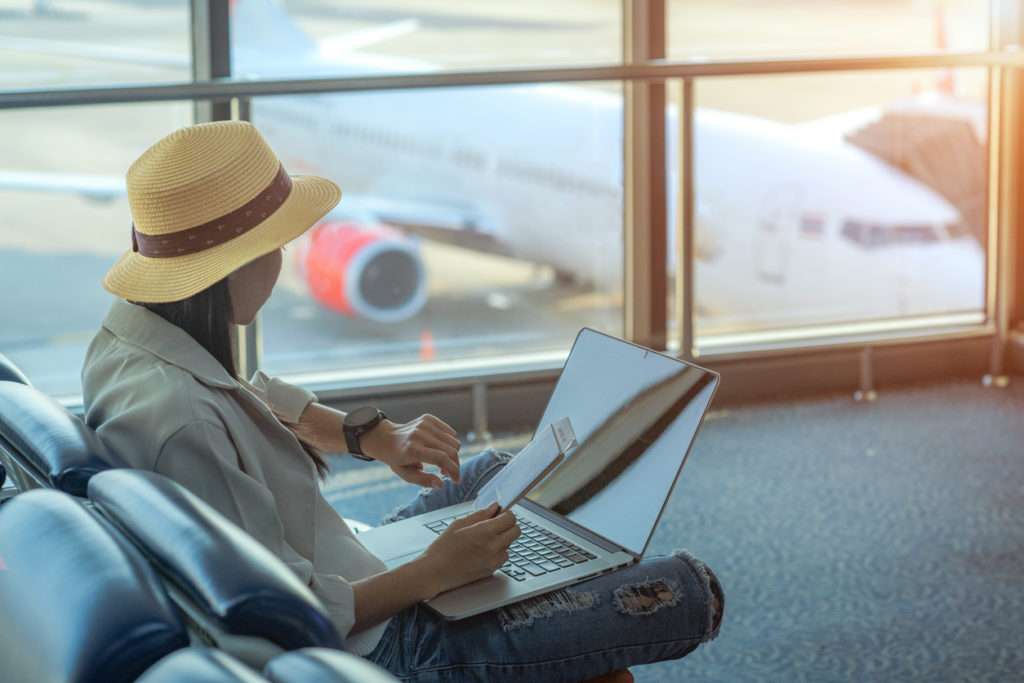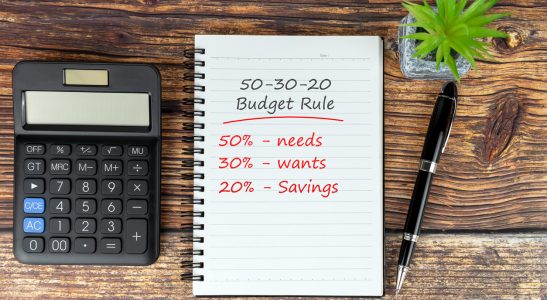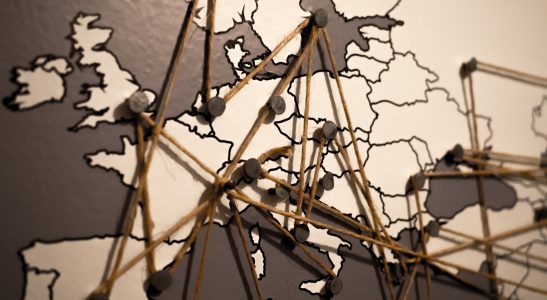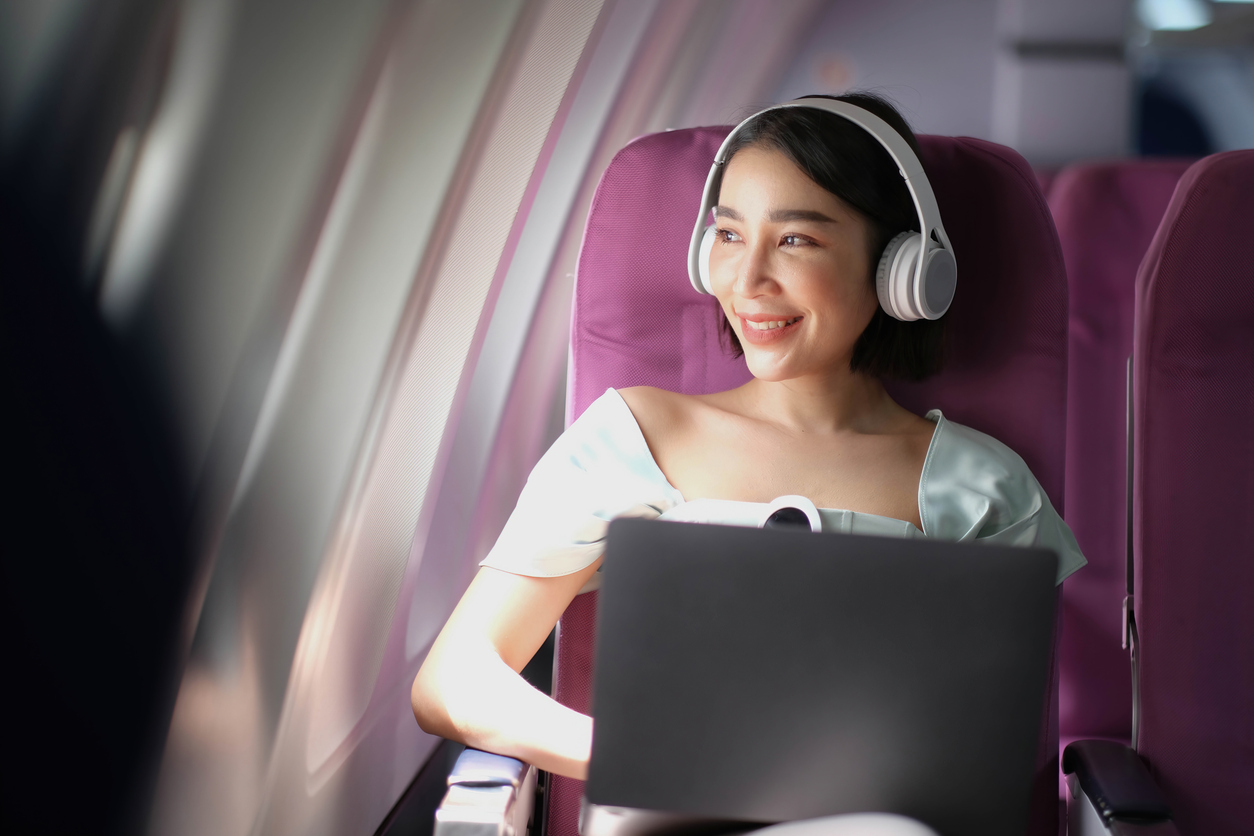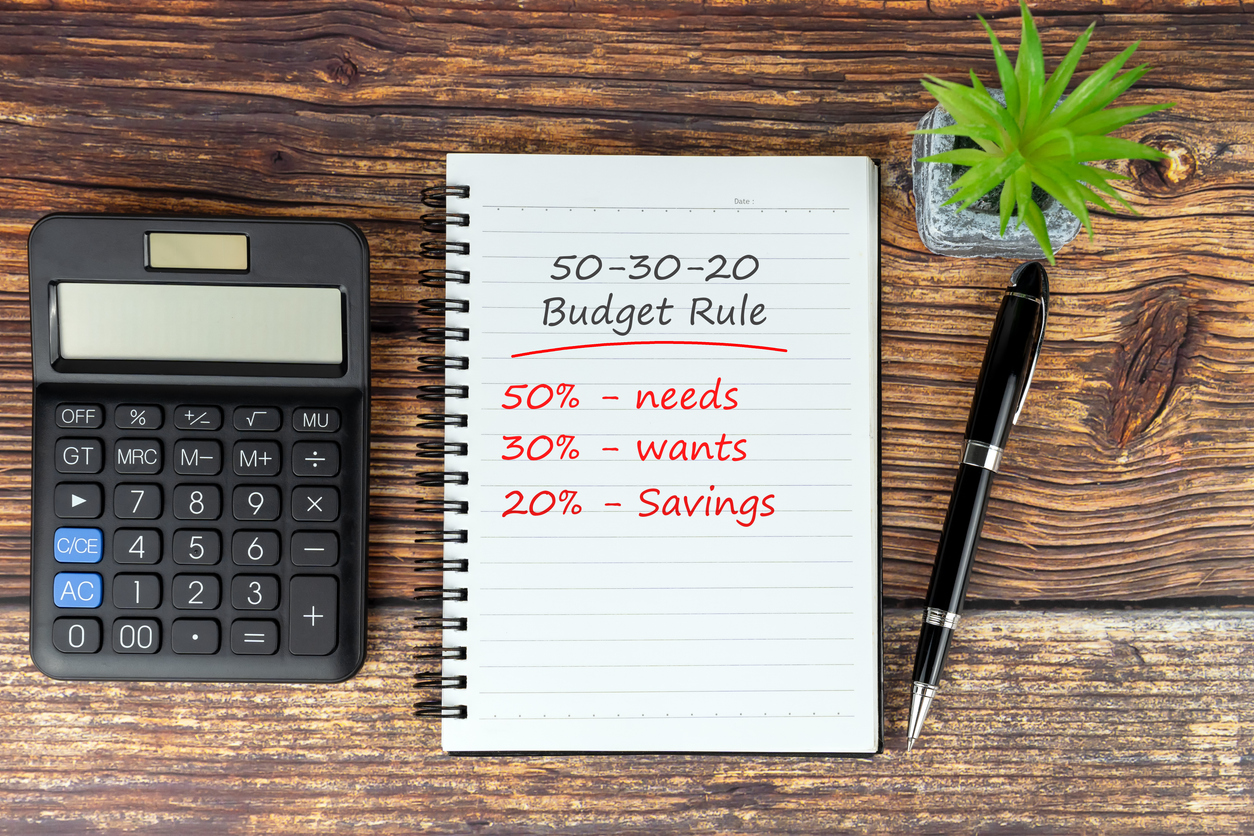Natalie shares some tips on how digital nomads can manage their money ahead of a trip and while on the move. She recommends you take the time to research, plan and prepare your finances ahead of time.
Living life as a digital nomad can be wonderful – getting to experience the world while still receiving income is a dream come true for many. However, it can also be stressful, particularly where finances are concerned, as your lifestyle often becomes rather unpredictable.

